Week 19: Let’s Connect: The Digital Divide
LOC 19: Propose a variety of creative ways to intergrade technology to everyday learning for their adult learners
Learning Objectives
By the end of this week, participants will be able to:
- 19.1 – Interpret what a digital divide means to their practice
- 19.2 – Relate to technology and the difference it makes to adult students who have limited skills or limited access to technology
- 19.3 – Consider the best digital skills to teach adult students who have limited skills or limited access to technology
Materials Needed This Week
Here is a list of materials you will need while completing this week:
- Writing utensils
- Highlighters
- Ruler
- Sticky Notes
- Dictionary/Glossary booklet
- Handwritten Wisdom Journal
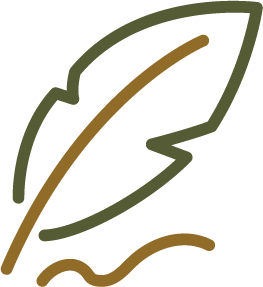
- Blank paper
- Computer/laptop
Key Terms
Add these key terms to your personal dictionary/glossary booklet. These important key terms will be used throughout module 4, week 19. If there is no link attached to the definition, be assured that the term will be defined throughout the week. We encourage you to further investigate the definitions in order to expand your knowledge.
- Digital divide
- Digital inclusion
- Digital equity
- Digital skills
 Questions to Consider
Questions to Consider
1. What is digital inclusion?
2. What is digital equity?
3. Why is it important to teach digital skills to adult learners?

“If people had the right skills and intention to communicate well, there would be no conflict. The better we are at communicating, the better our lives will be. ”
— Yama Mubtaker
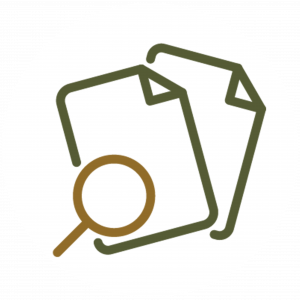 Review
Review

“Although we live in an information technology age, we often find ourselves in failure to communicate situations. ” — Johnny Tan
Consult the following resources and interpret the necessary information with your preferred method of note-taking.
Activity
Before continuing, take a moment to reflect on these questions:
Video: Our Digital Future: Digital Divides (2:30)
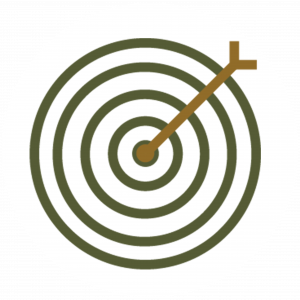 Identify
Identify
Consult the following resources below to locate the important information on this week’s topic.
Cure: Erasmus+: Topic 3: Digital Communication. Introduction (PDF) cited organization: https://cure.erasmus-plus.org.il/
UNESCO reaffirms need for Internet Universality, amid intensified threats (article)
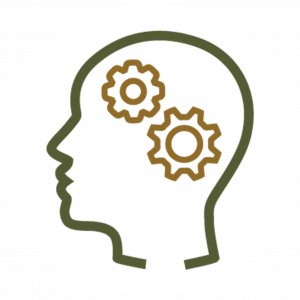 Develop
Develop
After absorbing the information in the infographic above, develop a list of important considerations for you and your students that have limited technology skills or limited access to technology.
Considerations for Limited Technology Skills and Access List (PDF)
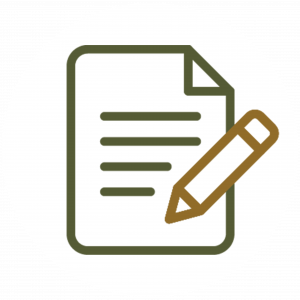 Apply
Apply
Consult the following PDF.
Ontario Literacy of Ontario: Popular Digital Learning Resources (PDF)
By referring to the above-mentioned guide, what resources could you use to support your adult students? Make a list for yourself using the PDF template provided.
 Take Away Toolbox
Take Away Toolbox
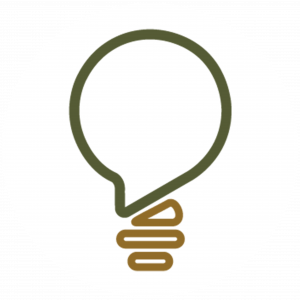 Reflect
Reflect
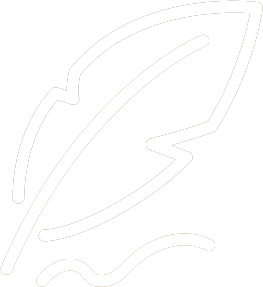 Handwritten Wisdom Journal
Handwritten Wisdom Journal
A Wisdom Writing Journal is a way to notarize your learning journey throughout the weeks during all the modules in this course. It will also permit you to demonstrate that no technology is required to focus on reflective practice. There is a variety of writing journal tools that you can choose from that require technology, however, throughout this course, it is important that you experience and model a no-technology required method in order to relate to those students that have limited or no access to technology.
Take advantage of jotting down your thoughts, frustrations, joys, aha moments, and new information acquired as the result of your hard work. Critical reflection time required at the end of each week will be a culminating result of YOUR own personal Learning Narrative.
Using your own personal writing journal, write an entry for this week’s prompts:
- How did you feel about the existing digital divide?
- Does your teaching practice rely on technology?
- Can you relate to not having access to technology in your everyday?
- Based on the information that you have learned this week, how would you review, identify, develop, apply, and reflect?
Note: Be sure to justify each of your answers or comments.
Optional Resources
These resources are not required to be viewed; however, they give further information on this week’s topics:

